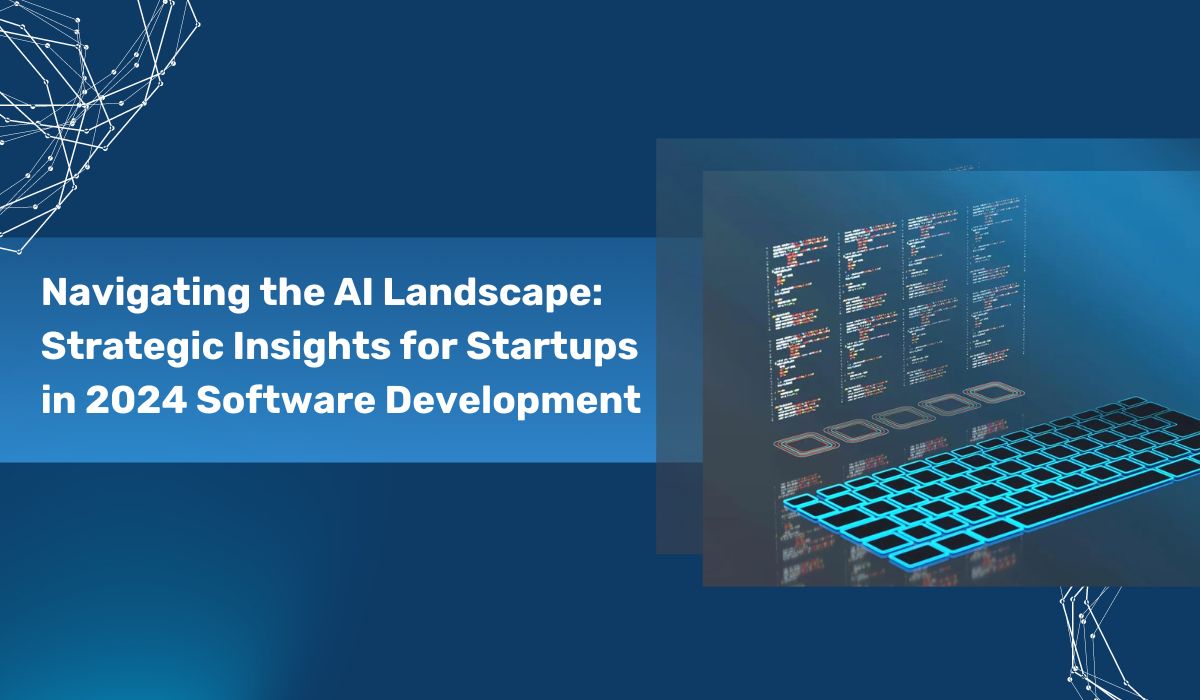
In the dynamic landscape of enterprise technology, product and engineering departments are channeling significant resources into AI technology, a move that promises substantial efficiency gains. According to McKinsey, developers can achieve up to a 50% increase in task completion speed through the adoption of generative AI. However, the path to successful integration is more nuanced than a mere financial investment. Companies must carefully strategize how much budget to allocate to AI tools, weigh the benefits of AI against traditional hiring, and ensure comprehensive training for optimal utilization. A recent study underscores the importance of considering the experience level of developers, as less seasoned professionals tend to derive more significant benefits from AI tools compared to their experienced counterparts.
The ramifications of neglecting these considerations can result in lackluster initiatives, wasted budgets, and potential staff losses. As companies grapple with the decision to invest in AI or expand their workforce, Waydev, a leading player in the field, shares insights gained from a year-long experimentation with generative AI in software development. These insights shed light on the critical steps that enterprises should take to prepare for a substantial AI investment in their software development processes.
Waydev recommends a systematic approach for enterprises contemplating an AI investment in software development. The first crucial step is to conduct a proof of concept to determine the tangible value generated by AI tools. This not only justifies budget allocation but also fosters acceptance across the entire team. Companies are advised to clearly define the areas of improvement within their engineering teams, whether it be code security, velocity, or developer well-being. Utilizing an engineering management platform (EMP) or software engineering intelligence platform (SEIP) is essential to track the impact of AI adoption on these variables. Metrics such as cycle time, sprint time, planned-to-done ratio, and improvements in developer experience are crucial indicators.The evaluation process should encompass diverse tasks and functions to gauge the performance of AI tools under varying scenarios and with developers of different skills and roles. By following these steps, startups and enterprises alike can make informed decisions, ensuring that AI investments contribute to enhanced productivity and overall success in software development.